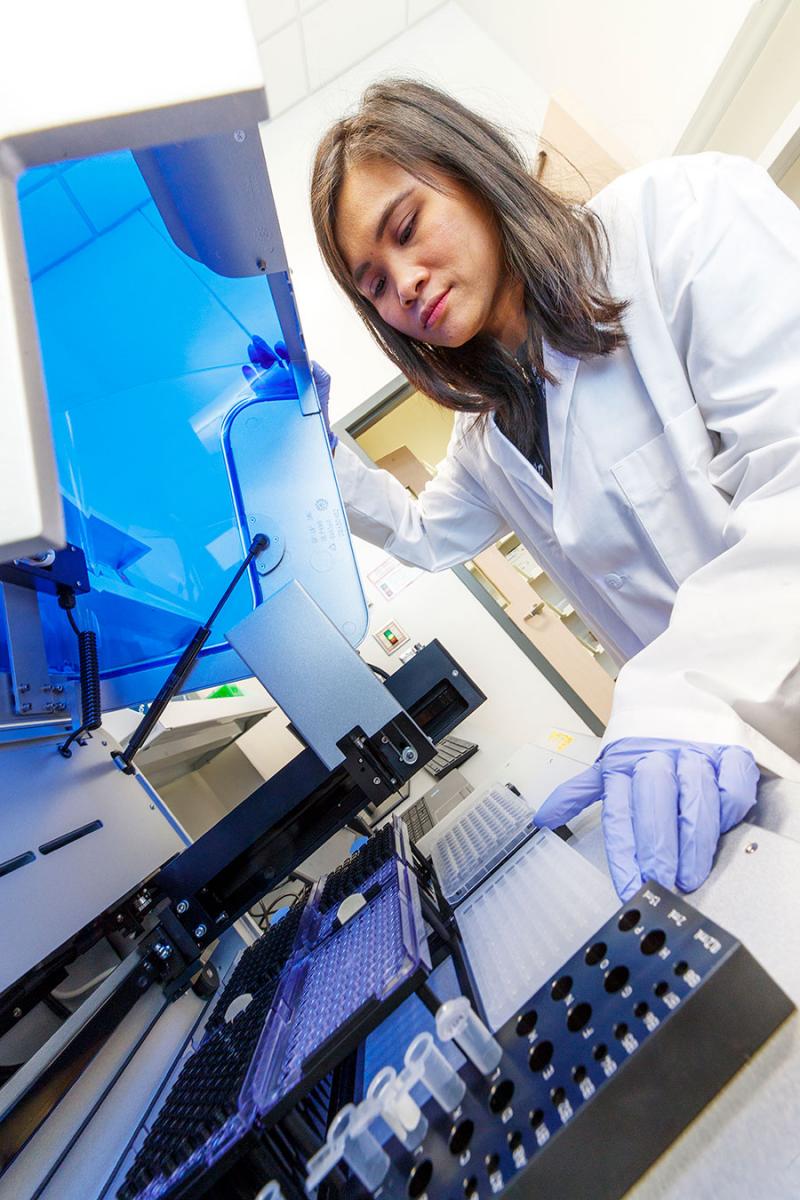Ensuring the health of your pets helps them thrive. Animal diagnostic labs deliver accurate health assessments for household pets.
In this discussion, we’ll delve into how pet diagnostic centers function, their key services, and why regular diagnostic testing is important.
Understanding the Role of Veterinary Testing Centers
Animal health laboratories offer testing for various health issues in cats and dogs. Veterinary clinics use their findings to make accurate diagnoses.

The process generally features:
- Obtaining biological samples: Blood, urine, feces, or tissue samples are obtained at clinics.
- Laboratory analysis: Specialized equipment interpret the findings.
- Analyzing test results: The lab sends back results to the veterinarian for further action.
Essential Diagnostic Tests for Cats and Dogs
Animal health testing facilities provide numerous testing options to ensure pets stay healthy. Key veterinary tests include:
- Complete blood counts (CBC): Identify infections.
- Bladder health evaluations: Spot bladder issues.
- Stool analysis: Ensure proper digestion.
- Dermatological evaluations: Diagnose food allergies.
- Imaging services: Evaluate structural health.
laboratório veterináriogenoma laboratório veterinário
laboratório clínico veterinário
Why Regular Testing is Important for Your Pets
Periodic veterinary assessments is critical to preventing serious illnesses. Timely diagnosis gives your pet the best chance at recovery.

The top benefits include:
- Improved health outcomes: Tailored treatments for your pet’s needs.
- Reassurance for your family: You’ll know if something is wrong.
- Lower medical bills: Catch issues before they become critical.
Conclusion: Prioritizing Pet Health with Veterinary Labs
Scheduling routine tests for household animals keeps them happy and healthy. Veterinary labs offer critical support to address their needs proactively.
Make lab testing part of your pet’s health plan to give them the best care possible!